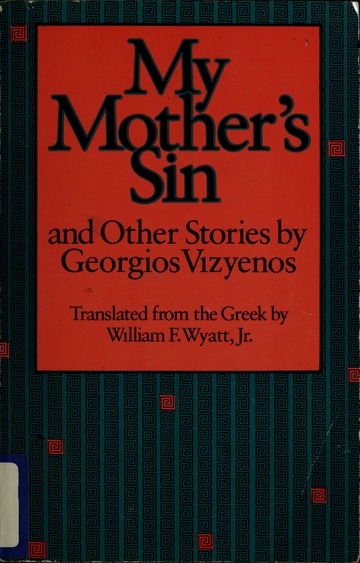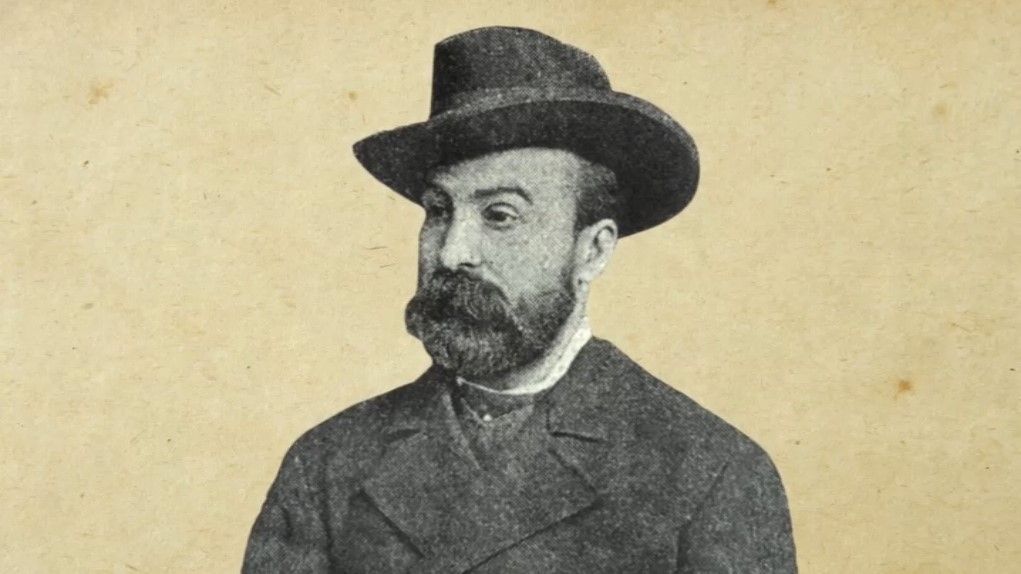NAATI certified Greek to English translator Panayotis Tsambos is passionate about making acclaimed Greek short stories accessible to English speakers of Greek background or anyone interested in Greek literature and culture.
Along this thread, Mr Tsambos has provided an English translation of Georgios Vizyinos’ acclaimed short story ‘My Mother’s Sin‘ for The Greek Herald‘s readers.
Translator Notes:
My aim has been to make this acclaimed Greek short story accessible to English readers.
In this, very special thanks go to Flora Vlachou (Phd. Candidate in Applied Linguistics), of The Teaching Staff – Modern Greek Language Teaching Center, the National and Kapodistrian University of Athens, for reading my translation and ensuring that I was faithful to the original’s Katharevousa and Demotiki Greek language as well as the Thracian dialect of those times.
Written in the late-19th century, this story is inspired by Georgios Vizyinos’ own life episodes, and there are numerous significant parallels with his early life. These include the story’s setting, eponymously named protagonists and life-altering events.
To some readers, the story may feel Dickensian in parts, and E. A. Poe gothic in others. The story’s realism and social commentary, these elements drawn from each author’s personal experiences, remind of Dickens. Aspects of Poe may come to mind too; in the supernatural phenomena described by the young George, the exploration of death and mortality and their psychological effects on his mother’s mind and use of first-person perspective narrative.

The examples that such observations are based on however, inform a much larger aspect of Vizyinos’ story. That is, it is a portrayal of the rural peoples of Thrace, of that time, of their language, of their morals and prejudices, of their customs and traditions, of their beliefs and superstitions, and so constitutes a literary form of ethnography. The culture of their society, influenced in part by issues, such as poverty and low life expectancy, and with their ramifications; like foster care, child labour, family support, search for work, social alienation, go to support this characterisation.
To maintain the ethnographic detail, it has meant this translation cannot just tell a story devoid of cultural references that are esoteric. My objective has thus been to avoid simplifications and synoptic translation, maintaining as much as I could, the archaisms of the original.
Additional complication arises because Vizyinos switches between Katharevousa for the narrative of the adult, educated, George, and Demotiki for the dialogues of villagers, his mother, and narrative of young George. These two language variants have different morphological and grammatical patterns. The first being used primarily for written/erudite expression, the other for colloquial communication.
This dichotomy, having no correspondence in English, may only be approximated. Principally, through control of the vocabulary to set the formality or tone of translated language segments appropriately.
The diglossia, parlance, and the translation objectives made it necessary to include some brief footnotes. They provide information to non-native readers who, due their different environment, are less likely to be familiar with them.
